-
About
- About Listly
- Community & Support
- Howto
- Chrome Extension
- Bookmarklet
- WordPress Plugin
- Listly Premium
- Privacy
- Terms
- DMCA Copyright
- © 2010-2025 Boomy Labs
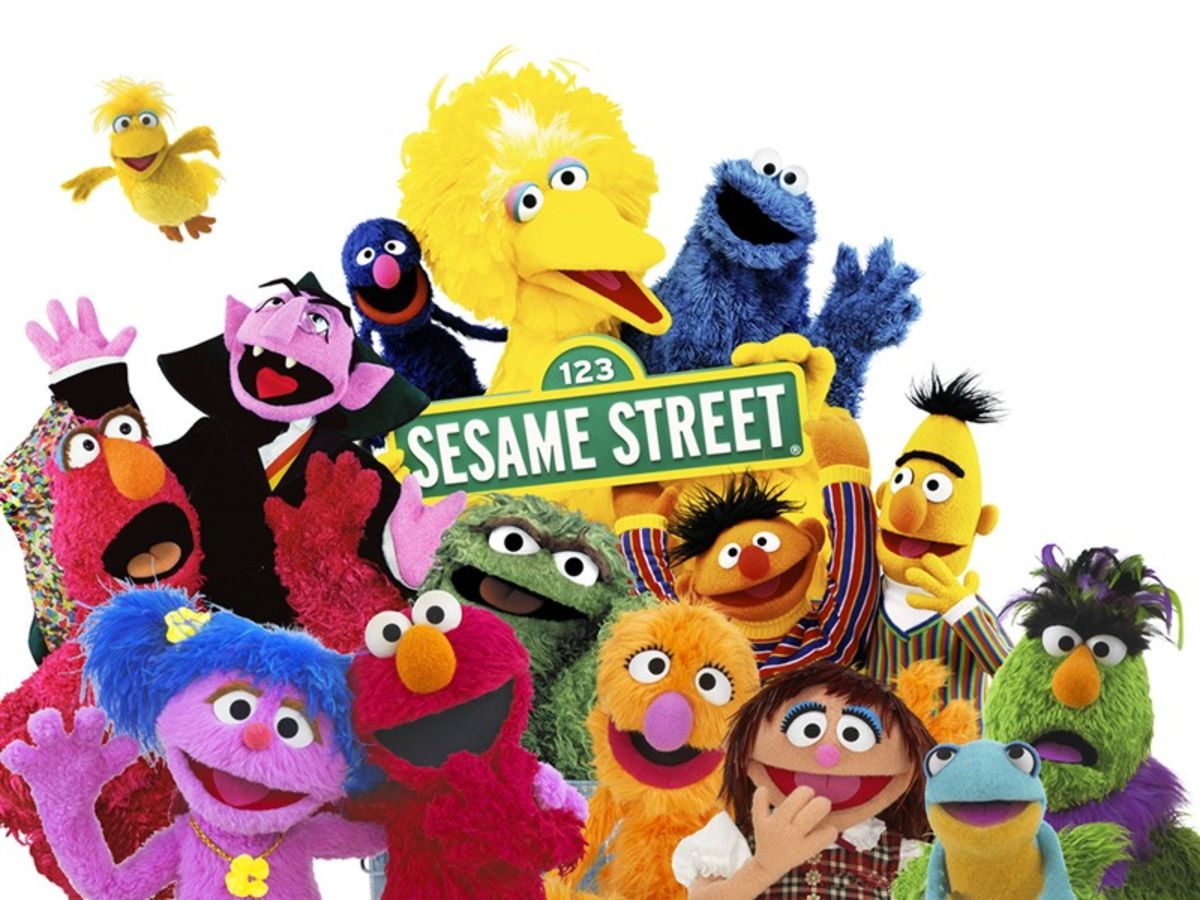

 Kendra Brea Cooper
Kendra Brea Cooper
Listly by Kendra Brea Cooper
Sesame Street is on the pop culture throne as the most loved childhood television show. Its roots are radical, its struggles were controversial, and its street is unstoppable. Since November 10, 1969, the show has reached millions of children and has even conquered the internet age with over a billion views on Youtube. Here are 10 fascinating facts about the most famous street in the world.
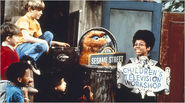
According to Shameless mag , there is a warning on the DVD volumes of Sesame Street stating that volumes one and two are not intended for children. Sorry, what?
This is real.
It's like some sort of conservative absurdity. The early Sesame Street set up a space that showed inner city kids that their world was not forgotten. It was political, and it respected children and their ability to learn and love. Check this video out: " I am Somebody" AMAZING.
It has been criticized for the sugar coating the inner city setting, and this is a legitimate criticism.
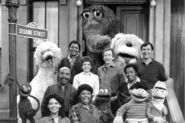
Sesame Street (circa 1969) is that one children's show we all grew up with. It ties our own history in with the young ones we're surrounded with now. We share the influence, excitement, and understanding.
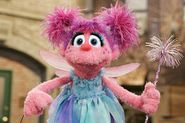
Sesame Street was (and is), not without its faults. It has been criticized, especially in the past, for its lack of representation of women and the Latino community. While it has been a struggle, Sesame Street has made attempts to correct this through new characters and stories over the decades.
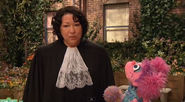
Upworthy posted this video of Supreme Court Justice Sonia Sotomayor telling young girls to dream bigger.
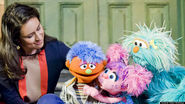
Sesame Street deals with things, like incarceration, that are real and come with consequences. They might not criticize the system head on, but these episodes let kids know they're not alone.
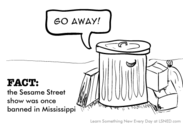
Unlike a ton of shows, Sesame Street consciously makes sure there isn't a white majority in the cast. In 1970, the show was banned in Mississippi because it was racially integrated, and law makers considered this "offensive". In other words, Sesame Street challenged the racist beliefs of these law makers, and so they tried to censor progress. The ban only lasted a month.

On many occasions, Sesame Street has been accused of Communism. Some people think Socialist values are a bad thing. Some people confuse Socialism with Communism, and others think any kind of community driven progress is "scary".
From a 1971 news paper in Louisiana to contemporary Fox news, Sesame Street's values have been questioned by conservatives. McCarthyism is alive and well in popular culture.
Sharing is caring, and community is good.
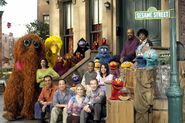
It is clear that Sesame Street is big on community. A tight-knit community is important for the health of a growing child, for a bright future, and for social progress.
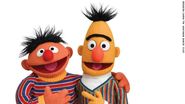
Leslie's article _Sesame Street and Radical Acceptance_highlights the way Sesame Street encourages gender neutral language, acceptance of differences, and an understanding of the self and other. It participates in a society that wants to change for the better.
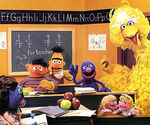
Sesame Street was created through educational studies and data. Not only that, the creators fully understood the consequences of privilege and education. The show was developed so that no kid was left out of learning because of income.

Pop culture and all that ideology sitting in the blind spot. Also crafts.